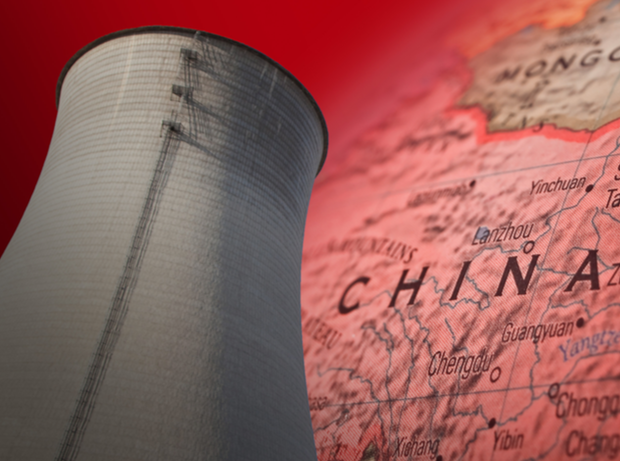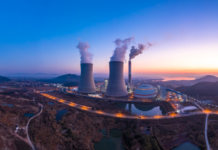
Introduction
Beijing’s civil nuclear program has made considerable growth in recent years. As early as 2000, China was considered a nuclear technology backwater with only three commercial reactors, compared to over 100 in the United States. Today, China has 35 reactors with 20 under construction. By 2030, it is projected to have 150 giga- watts of nuclear on line—roughly equivalent to Germany’s total capacity in electricity—while the U.S. nuclear fleet is expected to shrink by 20 percent or more. In little more than a decade, China could have twice the number of civilian reactors as the United States.
These advancements largely flow from Beijing’s recognition that a vibrant civil nuclear program promotes core national interests, increases energy security, and reduces air pollution. While the success of the Chinese commercial program has depended mostly on the transfer of nuclear technologies, from Russia, France, Canada and the U.S., Beijing is quickly becoming self-sufficient across the supply chain and fuel cycle. Given its current trajectory, China will replace the United States as the world leader in civil nuclear energy – most likely in the next five to ten years. This change will have major implications for the global system, some of which may be negative.
While Beijing has joined international treaties and agreements on nuclear technology transfer, Chinese enterprises and individuals do not always adhere to the rules, reflecting problems with compliance and enforcement and possibly providing insight on the country’s covert operations to subvert civilian nuclear technology for non-civilian application. As China’s nuclear market increasingly globalizes, insider business transfers are likely to gain greater attention, particularly as they pertain to countries of concern such as Iran, North Korea, and Pakistan.
Given the need to promote energy security and address pollution and carbon emissions, China’s commercial nuclear advances are welcomed. However, the United States and its allies should be cautious of the increasing likelihood of Chinese monopolization of the international market for nuclear technologies and services.
Such a development would give China the opportunity to reshape the global nuclear nonproliferation regime, including the Non-Proliferation Treaty (NPT), and in the process, marginalize the United States.
Beijing’s history of supporting proliferation to gain short-term geopolitical benefit at the expense of rivals – as in the case of the Pakistan and India – is cause for concern. While a return to Mao’s belief that proliferation enhances global security seems remote, vestiges of the Chairman’s world view unquestionably remain in Beijing’s national security circles. Significant shifts in U.S. foreign policy, such as a rapprochement with Russia or support for a nuclear weapons program in Japan, would increase the likelihood of a more aggressive Chinese posture on proliferation.
Read the Full Report: “The Rise of China’s Civil Nuclear Program and Its Impact on U.S. National Interests”





